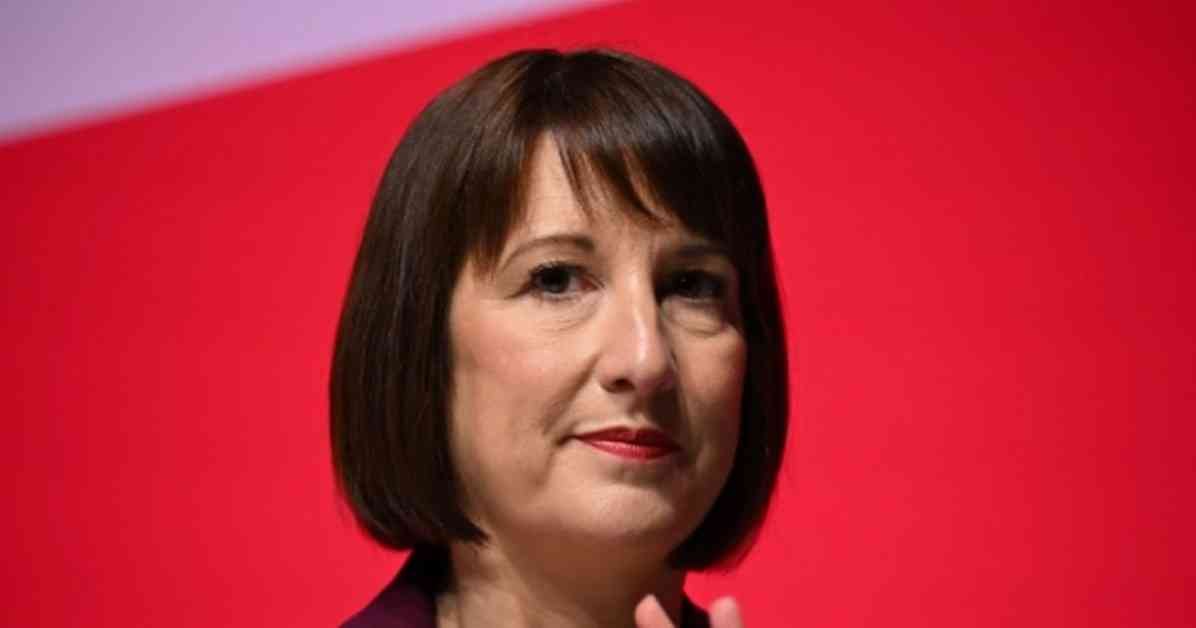**Tax Change Alert: Impact on Individuals Earning £50,271+ from October**
As the Labour Party government prepares to announce new pensions tax relief rules, individuals earning over £50,000 a year are being warned of potential changes that could affect their retirement savings. Higher rate taxpayers, who earn over £50,271, and additional rate earners, who earn over £125,000, may see adjustments in the upcoming Budget on October 30.
**Potential Changes to Pensions Tax Relief**
Helen Morrissey, head of retirement analysis, highlighted the importance of pensions tax relief as a significant incentive for saving. She expressed concerns over potential changes that could deter individuals from contributing to their pensions. One proposal under consideration is a shift to a 30% flat rate, which would benefit basic rate taxpayers by reducing the cost of contributions. However, it would have a negative impact on higher and additional rate taxpayers, who currently enjoy relief at 40% and 45%, respectively.
**Impact on Higher Earners and Defined Benefit Pensions**
A move towards a 20% flat rate across the board could result in a significant decrease in tax relief for higher earners. This change could also have unforeseen consequences for defined benefit pensions, particularly in the public sector. Lower tax relief would require increased contributions to maintain the same level of benefits, potentially leading to tax bills for senior staff members, such as doctors. This could prompt some individuals to consider early retirement to avoid additional taxes, similar to issues faced with the lifetime allowance in the past.
**Concerns Over Reducing Tax-Free Cash Options**
Ms. Morrissey also raised concerns about potential restrictions on the amount of tax-free cash individuals can withdraw from their pensions. Many people have specific plans for this money, such as paying off mortgages or funding home renovations. Any changes to these options could disrupt long-standing plans and push individuals to withdraw their tax-free cash early, resulting in less favorable outcomes for their retirement savings.
**Possible Consequences of Tax Relief Changes**
The proposed alterations to pensions tax relief could have far-reaching implications for individuals across various income brackets. While basic rate taxpayers may benefit from a reduced contribution cost, higher and additional rate taxpayers could face increased financial burdens. Moreover, changes in tax relief could impact the sustainability of defined benefit pensions, especially in the public sector, where senior staff members may be forced to reconsider their retirement plans.
**Considerations for the Future**
As the government contemplates changes to pensions tax relief, it is crucial to consider the potential consequences for individuals’ retirement savings. Any modifications should aim to strike a balance between incentivizing saving and ensuring fair treatment for taxpayers across different income levels. It is essential to engage stakeholders and consider their perspectives before implementing significant changes that could impact the retirement plans of millions of individuals.
**Conclusion**
In conclusion, the upcoming Budget announcement regarding pensions tax relief has sparked concerns among individuals earning over £50,000 a year. While potential changes could benefit some taxpayers, they may also pose challenges for higher earners and those with defined benefit pensions. It is crucial for the government to carefully consider the implications of any adjustments to tax relief and ensure that they do not inadvertently harm individuals’ retirement savings. By maintaining a balanced approach and engaging with stakeholders, policymakers can work towards a fair and sustainable system that encourages saving for retirement.



























